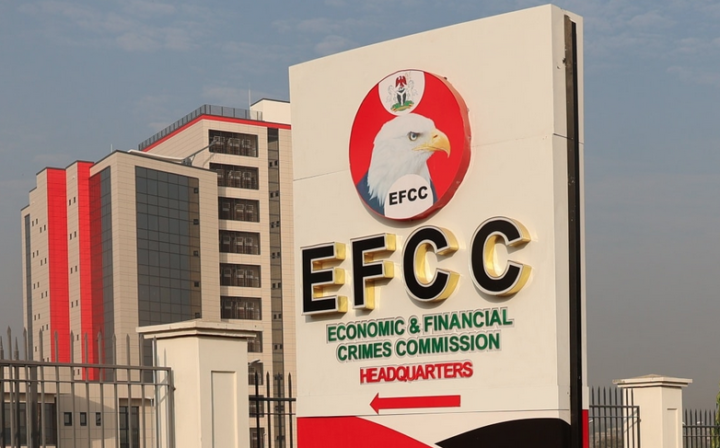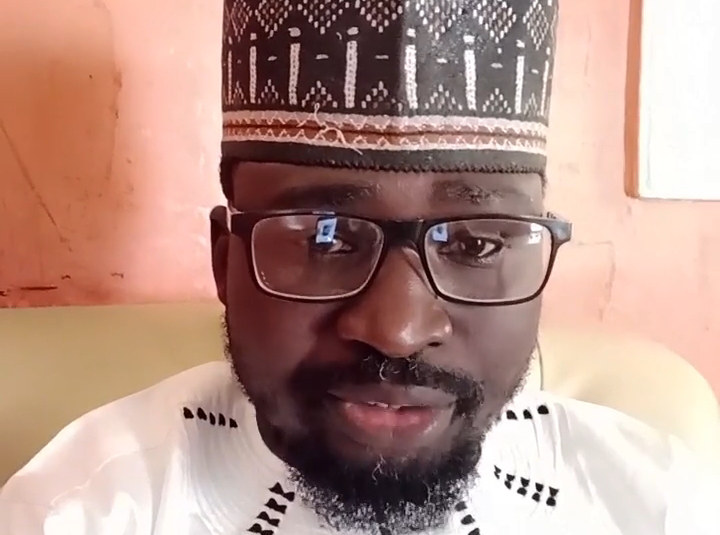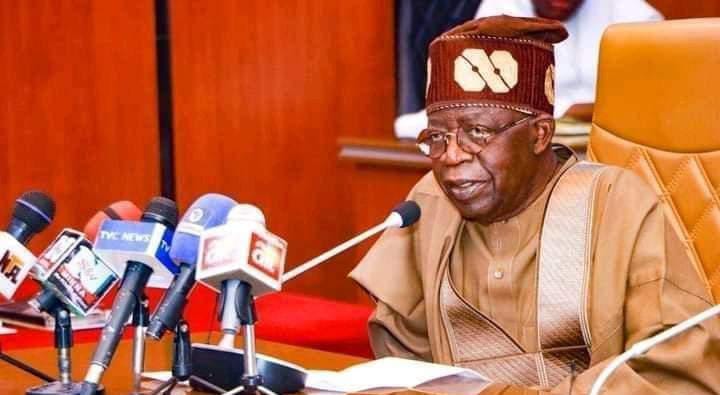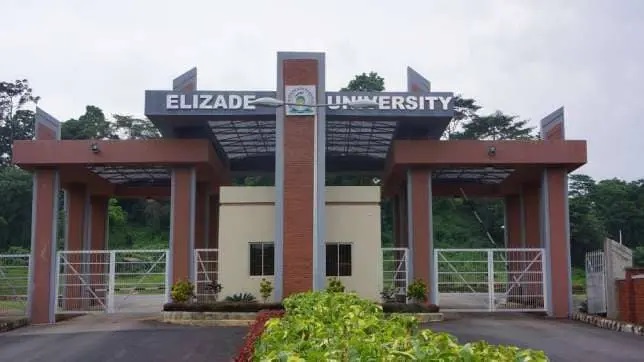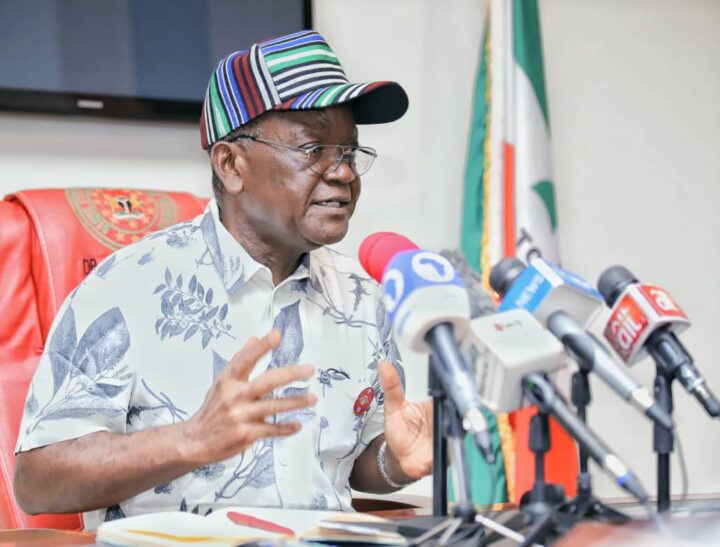The Economic and Financial Crimes Commission (EFCC) says some challenges are undermining the effectiveness of the whistleblowing policy.
President Muhammadu had recently said around $386 million was recovered in 2021 through the policy enacted by his administration in an attempt to curb corruption and repatriate looted funds.
Speaking on Thursday at a townhall meeting organised by the African Centre for Media and Information Literacy (AFRICMIL) in Awka, Anambra state, the EFCC expressed worry over the declining number of whistleblowers in spite rewards offered to informants.
The programme, which was supported by the MacArthur Foundation in collaboration with Anambra Civil Society Network (ACSONET), had the theme, ‘Role of Community-Based Organisations in Entrenching Whistleblowing Policy at the Grassroots’.
Advertisement
Abdulrasheed Bawa, chairman of the commission, who was represented by Oshodi Johnson, Enugu zonal commander of EFCC, at the event, said the whistleblowing policy helped the agency to recover huge stolen public funds across the country.
He, however, said ignorance of the legal and administrative frameworks of the policy, as well as difficulties and bureaucratic processes for claiming the advertised incentives, are some of the challenges.
“It is also not impossible that the few false informants or whistleblowers who were prosecuted for wanting to turn a serious programme to memes, unnerved some other would-be informants,” NAN quoted him as saying.
Advertisement
“Whatever the challenges are, it is imperative that there is fresh awakening to sustain the flow of critical intelligence to Nigerian law enforcement agencies.”
The EFCC boss said the commission is committed to the success of the whistleblowing policy, adding that it is a critical part of the federal government’s anti-corruption framework.
He also promised to partner with AFRICMIL and other community-based groups in strengthening their capacities to identify and quickly report suspected cases of corruption in their communities.
On his part, Kennedy Ebhotemen, resident commissioner of the Independent Corrupt Practices and Other Related Offences Commission (ICPC) in Enugu, urged the public to speak out by reporting any act of corruption or unethical practices to anti-graft agencies.
Advertisement
In his remarks, Chris Azor, chairman, ACSONET, urged EFCC and ICPC to establish their offices in Anambra state to aid easy access to whistle-blowers.
Chido Onumah, AFRICMIL coordinator, who was represented by Kolawole Ogunbiyi, AFRICMIL programmes manager, identified early detection and exposure of mismanagement of public funds, as effective strategies in the fight against corruption.
“We all are aware that corruption thrives in multiple forms in our communities, but most visibly in the misappropriation of funds and abandonment of projects that could bring development and meaningfully turn around the lives of the people,” he said.
“We are both morally and legally bound as citizens not to keep silent about any act of corruption or wrongdoing whenever we see one”.
Advertisement
Add a comment

